Flash drought, burn season leave firefighters battling wildfires across Tennessee
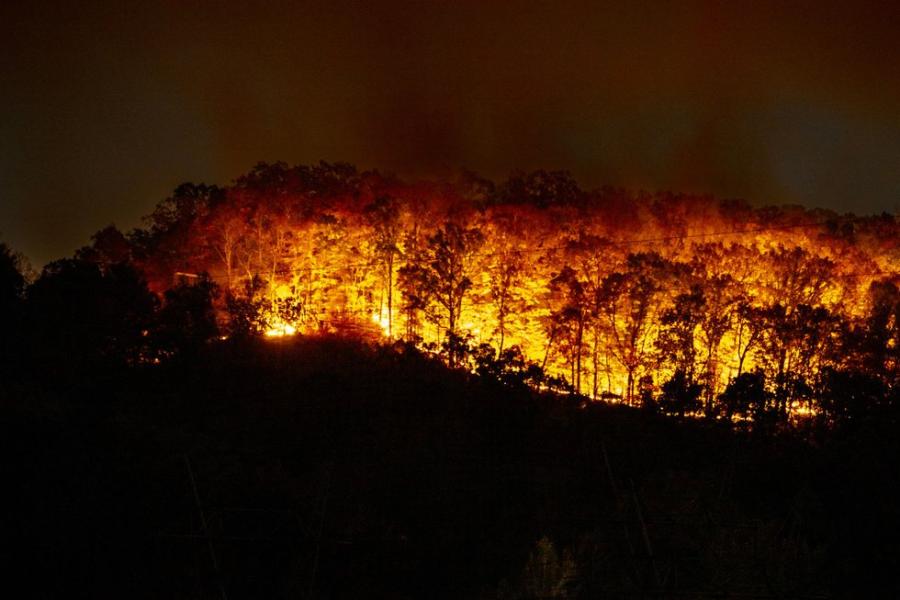
By KATE COIL
TT&C Assistant Editor
The state’s usual wildfire season combined with a “flash drought” event is leading to dozens of wildfires across Tennessee and prompting concerns from firefighters, city officials, property owners, and those in agriculture.
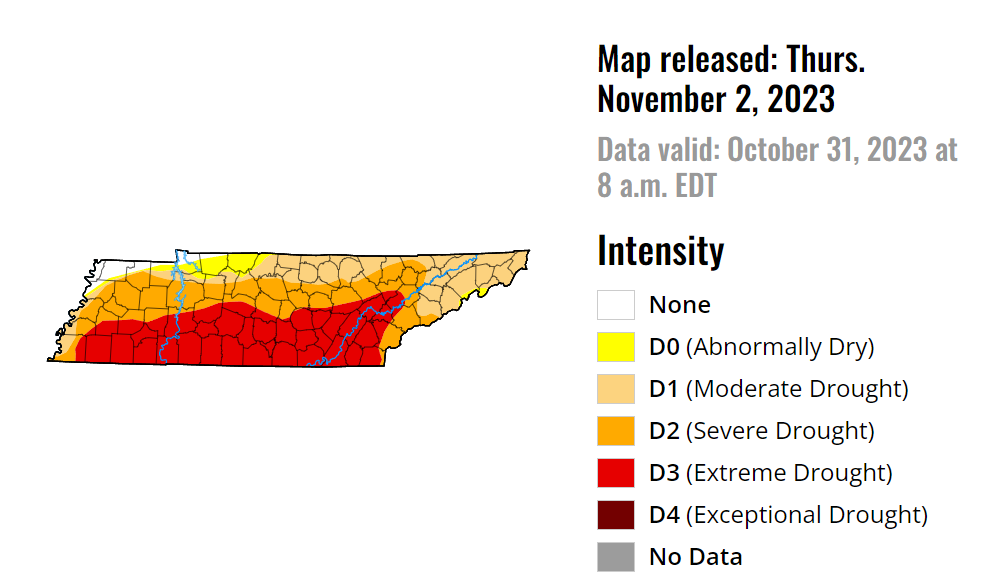
A flash drought is defined as the rapid onset or intensification of drought conditions, which are often the result of lower-than-normal rainfall combined with abnormally high temperatures and winds. These droughts can develop rapidly over a few weeks, damaging agricultural products, utility pipes, creating water shortages, and leading to forest and wildfires.
Approximately 6 million Tennesseans are being impacted by drought conditions as of the first week of November with much of the state in “severe” or “extreme” drought conditions, according to the National Weather Service’s U.S. Drought Monitor. Of the 92% of the state in drought conditions, approximately 40% is in extreme drought.
As a result, Tennessee Department of Agriculture, Division of Forestry crews have been battling nearly 75 wildfires across the state, six of which were marked as “active” as of Nov. 6, 2023 – despite a statewide burn ban issued on Oct. 27.

Tim Phelps, a spokesperson with the Tennessee Division of Forestry, said that the present burn ban still permits uses like campfires and charcoal grilling, but encourages residents to be be safe with what they do burn. The state is also issuing debris fire and burn permits on a day-to-day basis.
"With the conditions we are under now, we want folks to be safe with fire," he said. "These fires can start from a debris burn, but they can just as easily come from starting a car or motorcycle on dry leaves, using a bushhog for agricultural purposes, or a lit cigarette. We want everyone to be careful, especially as we are experiencing high wind conditions and extreme drought, which can exacerbate already dangerous conditions."
Phelps said some of the most dangerous areas of the state for wildfires are on the Cumberland Plateau, where deep gorges can sometimes make it difficult to fight fires, as well as the mountainous topography of East Tennessee, where remotely started fires can be difficult to reach and fight.
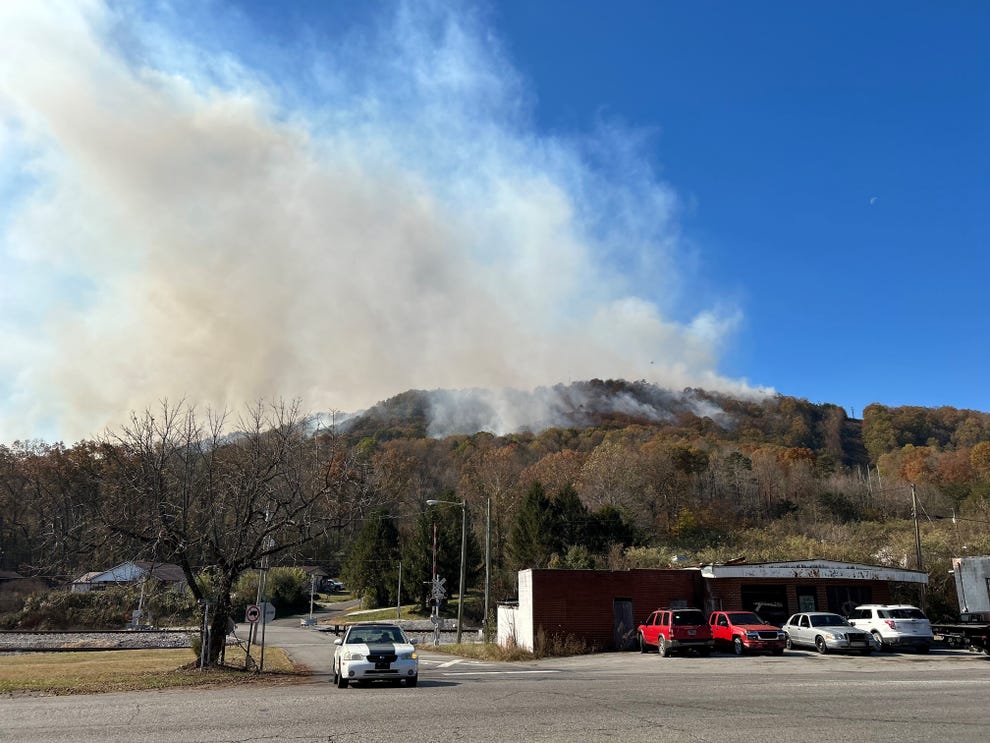
A nearly 500-acre wildfire in Anderson County threatened the town of Rocky Top with the Rocky Top Fire Department on the scene to help protect property and individuals as the fire came closer to the city limits. The Norris Fire Department was also called out for mutual aid to the scene along with Anderson County Emergency Management and several volunteer departments.
This was not the first forest fire to bring concern to the area. A fire in Harriman on Oct. 29 led to the injury of a Tennessee Forestry Division bulldozer driver who was injured when his equipment turned over while battling the blaze. The Roane County Sheriff’s Office later arrested a Harriman man for arson for intentionally setting fires in local woods and threatening to burn down houses.
Another active fire is still being fought in Mountain City that has threatened three structures and grown to 12 acres. Forestry Division officials on the scene reported the blaze was started by an individual burning trash who has been cited for reckless burning. Multiple fire departments from across Johnson County were called in to assist fighting the blaze.
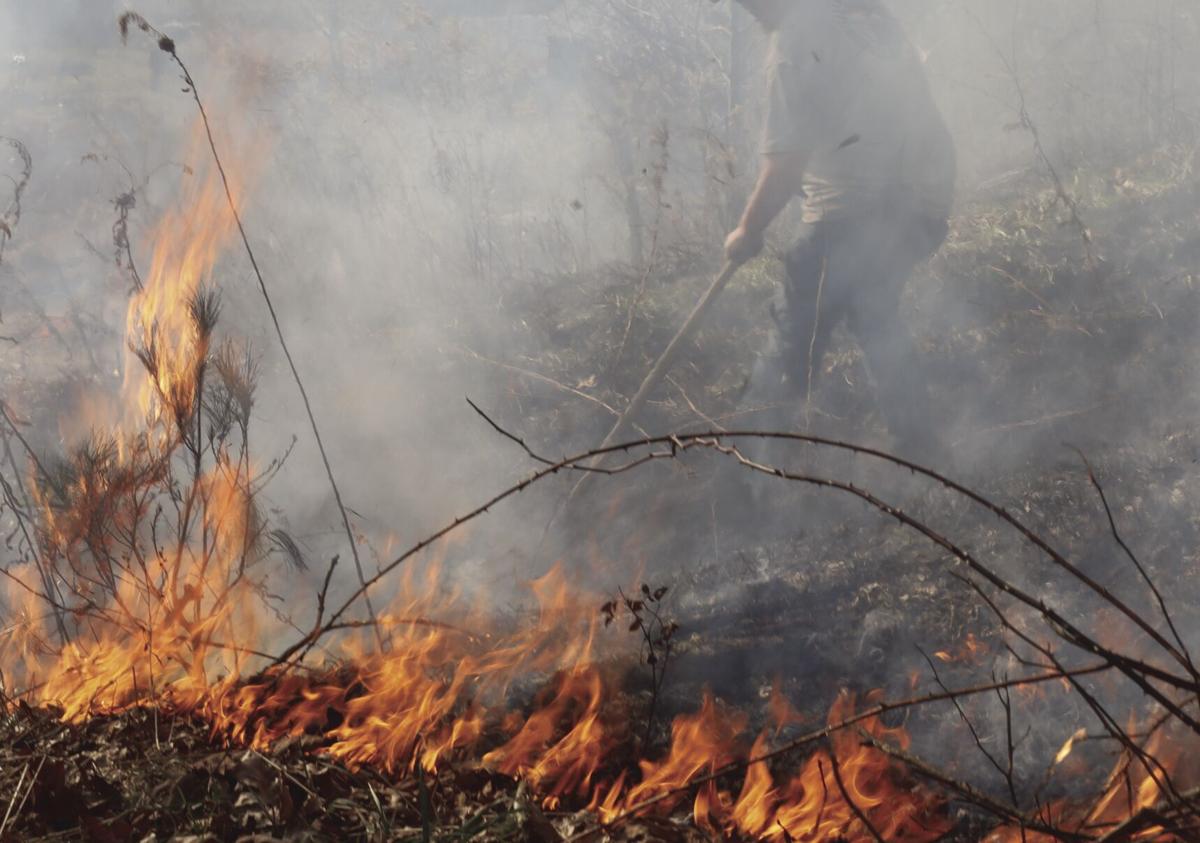
Further south, wildfires created enough smoke and haze that the Cleveland-Bradley County Emergency Management Agency issued a warning about it impacting local air quality. State firefighters were also called out to fires on Raccoon Mountain and Whiteside near the Georgia-line while across the state line, Georgia officials were also battling three separate fires on Lookout Mountain that covered some 300 acres.
In Middle Tennessee, Nashville firefighters were called to a wildfire near the Cheatham-County Line near Pegram along with crews from Cheatham County. Local residents reported flames up to 40 feet high.
Burn permits are required in the state between Oct. 15 and May 15 with the Tennessee Department of Agriculture reminding residents to be safe and follow the law when handling fire.
“There is a heightened risk of wildland fire in Tennessee,” State Forester David Arnold said. “Risks associated with careless debris burning are high, particularly during fire season when conditions are dry and natural fuel is abundant. If you plan to burn, you must obtain a permit where local governments don’t have established outdoor burning ordinances. Remember to stay with your fire, establish a safe perimeter, and keep tools on hand to control the burn.”
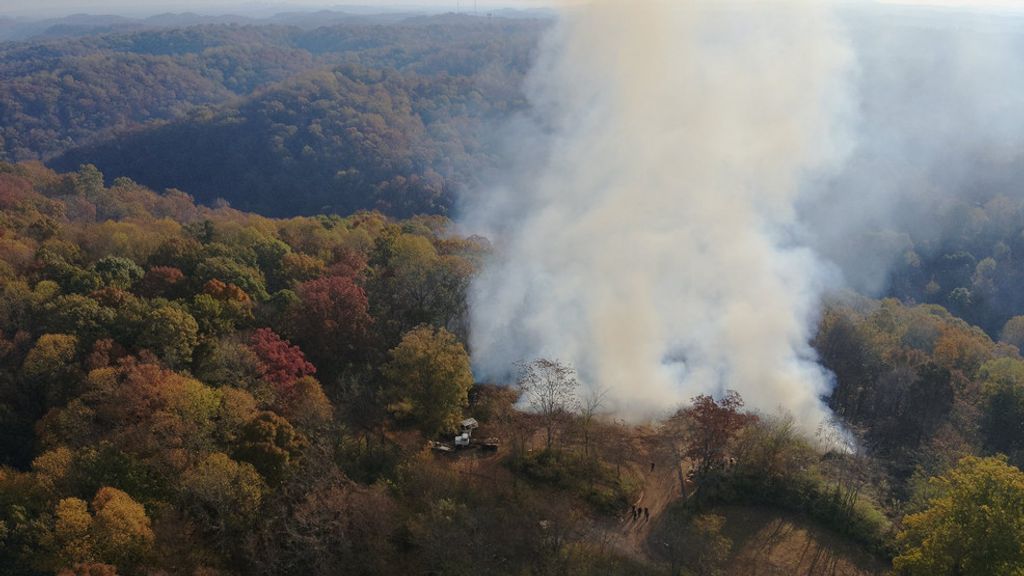
In addition to the statewide burn ban, many Middle Tennessee cities had already issued their own bans, including Brentwood, Centerville, Decherd, Ethridge, and Lawrenceburg. Others, including the cities of Franklin and LaVergne, have issued voluntary water conservation orders in addition to burn bans.
Broken water pipes are another concern coming from the severe drought conditions. Drought can lead to soil and ground shifting around pipes, leading to main breaks, similar to what happens during freeze and thaw cycles during the winter.
To keep track of active wildfires across the state, visit the Tennessee Department of Agriculture Division of Forestry’s Wildland Fires site. Learn more about the proper procedure and information for reporting wildfires. For more resources, visit tnwildlandfire.gov.
